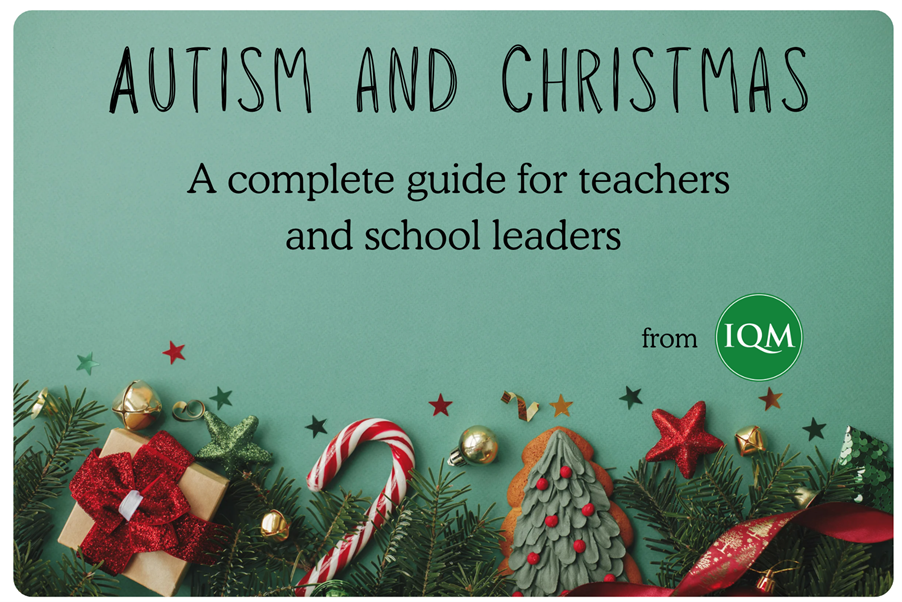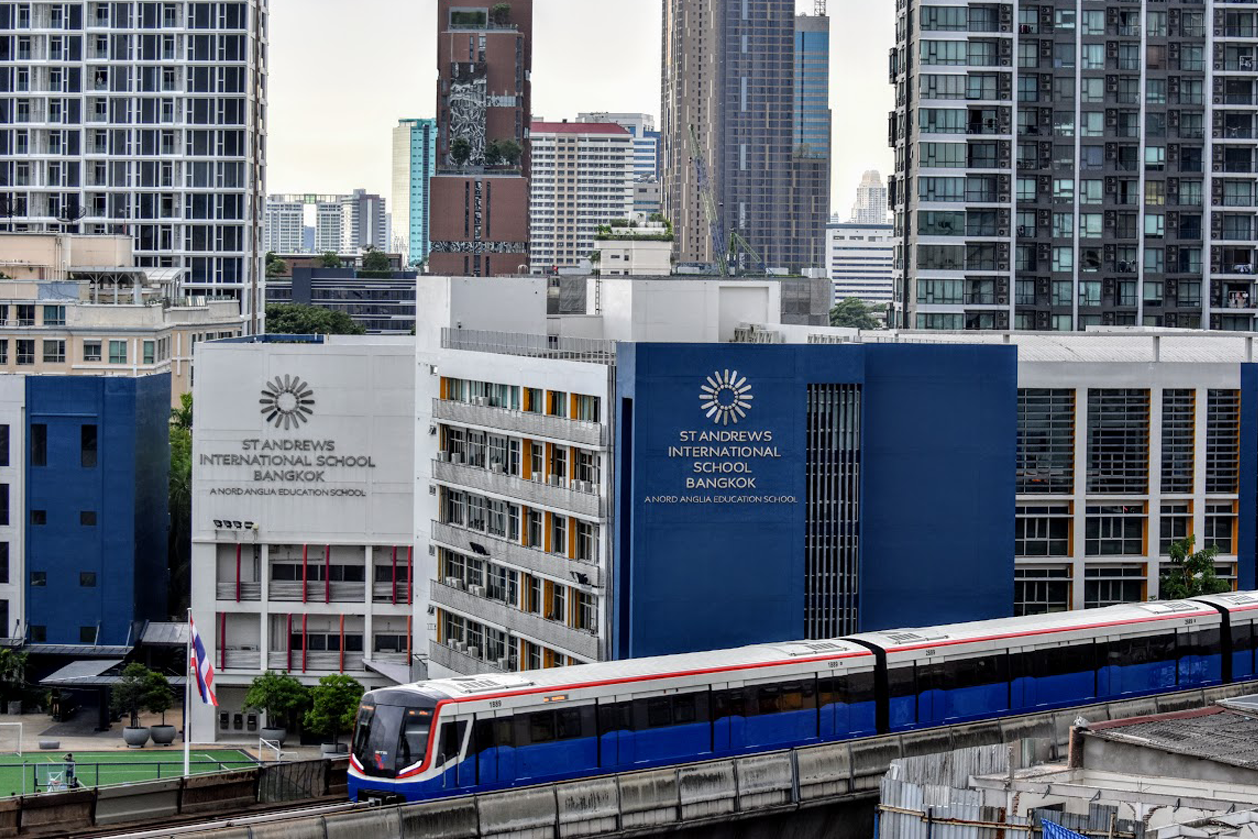Who is IQM?
IQM is the only national inclusion award in the UK. For over 20 years and in over 20 countries, schools, MATs and Local Authorities use the Inclusion Quality Mark to recognise exemplary inclusive practice.
Get in touch for your FREE school information pack today.
Helping Chidren With Additional Needs Thrive
February 1, 2024
James Harris, IQM Assessor, speaks about helping children with additional needs thrive in mainstream secondary schools.

“Thank you so much. Speaking to someone who understands is priceless” – parent of a child with SEND in a mainstream secondary school
The Right Questions to Ask
In mainstream schools, as a child moves into secondary school, communication and collaboration between school and family often become more challenging and fraught with potential issues. This is particularly the case when a child has additional educational needs. So often this is around understanding how secondary schools work and what is possible, who to talk to and the right questions to ask.
As a mainstream secondary headteacher, I so often met with parents and carers who came in “all guns blazing” – angry, upset or frustrated with the ways in which the school is failing to meet the individual needs of their child. The level of conflict is stressful for all concerned! So often the formal SEND system is seen as the only way in which to get support for a young person’s needs when, in many cases, lower level intervention based on intelligent collaboration can address many issues.
As a parent, I have helped to bring up two sons with additional needs, now young adults, who both found secondary school very challenging. Positive relationships and informed collaboration were the key to getting them through the secondary school system and helping them to thrive.
Knowledge Empowers People
My personal and professional life has brought me to a point where I have set up a pilot project called ‘Finding Common Ground’ to help parents and carers to work effectively with secondary schools. Knowledge empowers people and I am committed to supporting parents and carers to ask the right questions, to understand what is possible and to collaborate and seek common ground with the school so that their children are supported effectively and thrive as they should. I still teach in a secondary school for the majority of each week because I am wholeheartedly committed to the value of inclusive education through the school system where schools prioritise the individual needs of each child – it can be done, we just don’t get it right all, or even most, of the time! School systems sometimes work against the best interests of the child and it needs intelligent, sensible collaboration between school and family to get it right.
So ‘Finding Common Ground’ offers a service of advice to parents and carers where their child is struggling to thrive in mainstream secondary school. This is often parents of students with either undiagnosed, or low-level SEND, but I have had quite a few conversations with parents of children with identified SEND who have been struggling with issues such as attendance, consistency of provision, allocation of funding etc…. The advice is free so it is seen as clearly independent.
Schools are referring parents and carers to Finding Common Ground to provide some objective and hopefully sensible advice. Sometimes parents and carers have unrealistic views as to what is possible and it just needs an independent party to talk through a possible way forward. This reduces the pressure on individual school staff and leads to more intelligent collaboration in the best interests of the child.
The feedback so far has been very positive indeed and the conversations have been around clarifying possible actions, identifying a plan, sorting out how to communicate with the school and what to ask for in meetings etc..
Realisic Ways Forward
I am not offering legal advice, although I refer to the relevant bits of the law if necessary. I am not offering specialist SEND advice, although I refer to parts of the code of practice as appropriate. I signpost people to the relevant organisations who may be able to help them if such specialist advice is needed. It is the process of talking issues through and suggesting realistic ways forward that appears to be welcome and helps to take the heat out of often very stressful situations. My advice is based on years of experience of being on both sides of the fence: as a parent of vulnerable children and as a headteacher of two highly inclusive schools.
The pilot is running up until April (2024) in the first instance. All the feedback that I get from families and professionals is that the service is much needed and that I will be inundated! The intention is to expand the service from April using a range of SEND specialists and other experts who I know would be interested in undertaking this advisory work, seeking funding to enable the service to remain independent and free to parents and carers.
• If you are a school interested in referring parents/carers to the service for independent advice you can email james@findingcommonground.org.uk and have a read of his blog post on the subject here.
Other Posts

About IQM
The only national award for inclusion in the UK, IQM has been committed to recognising exemplary inclusive schools for over 20 years and in over 20 countries around the world. The three awards allow schools and organisations to celebrate their inclusive practice against nationally recognised framework.
Site Links
© 2026 Inclusion Quality Mark | website developed & cared for by digidoda


